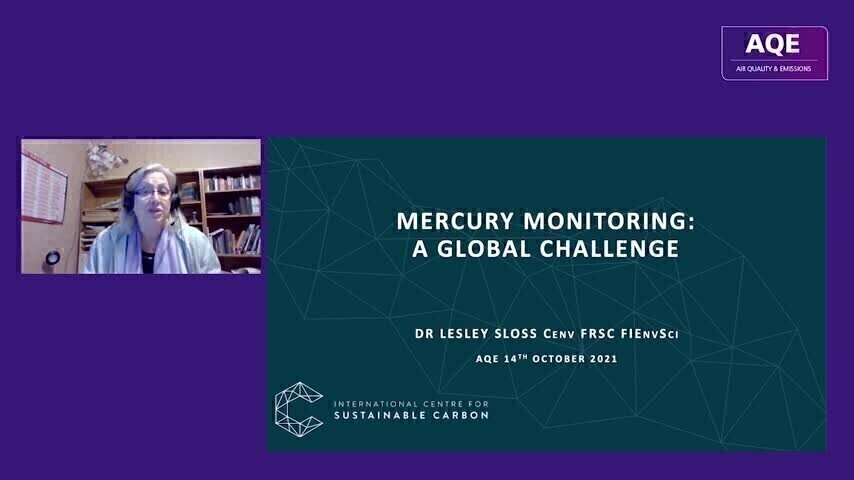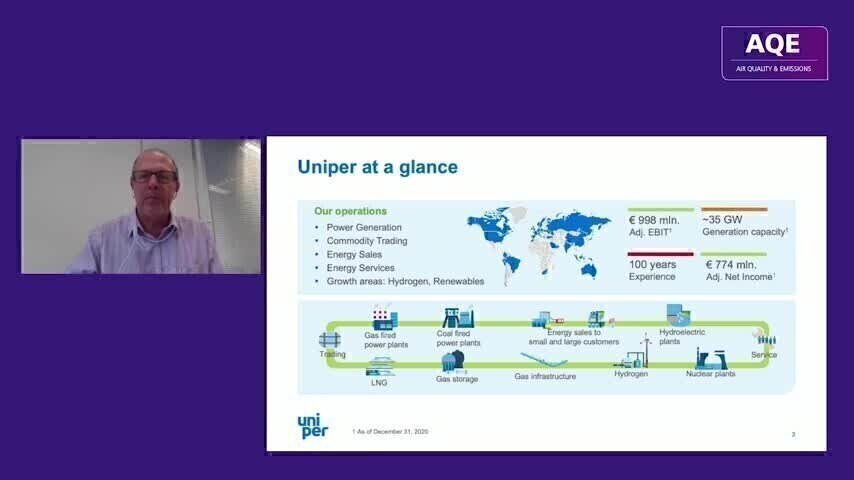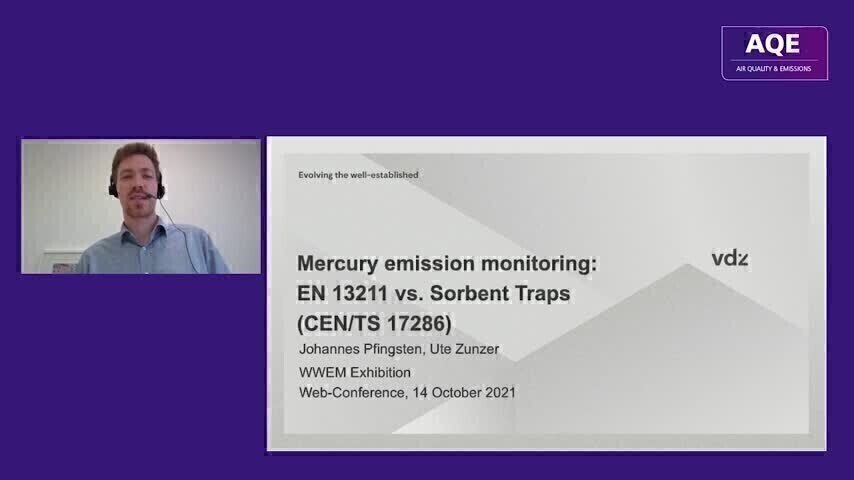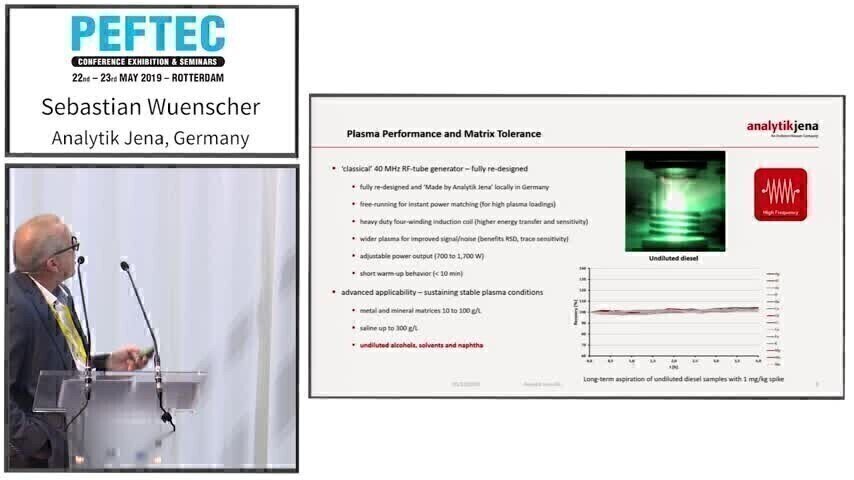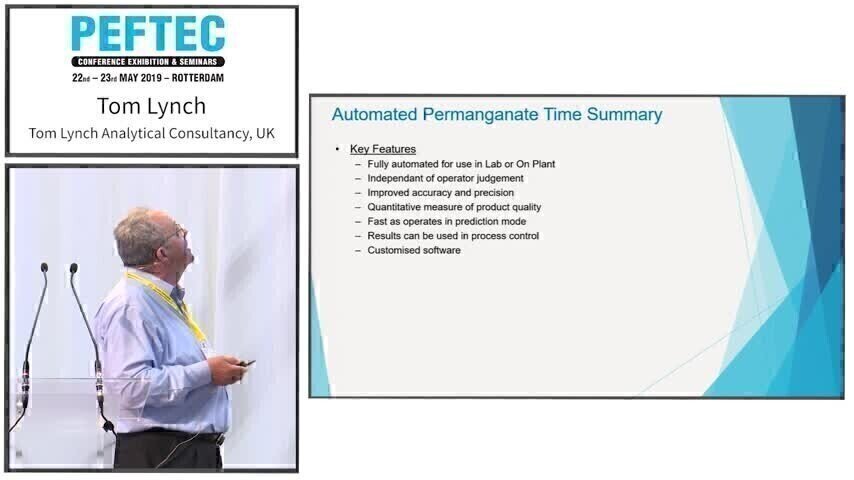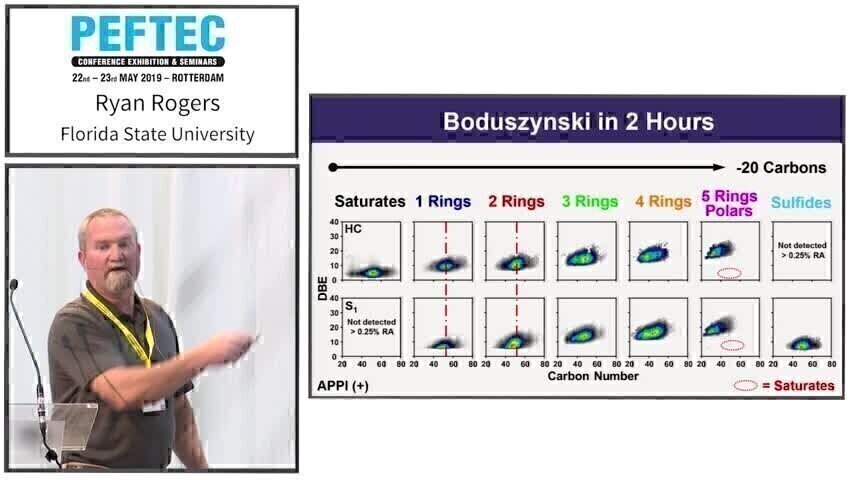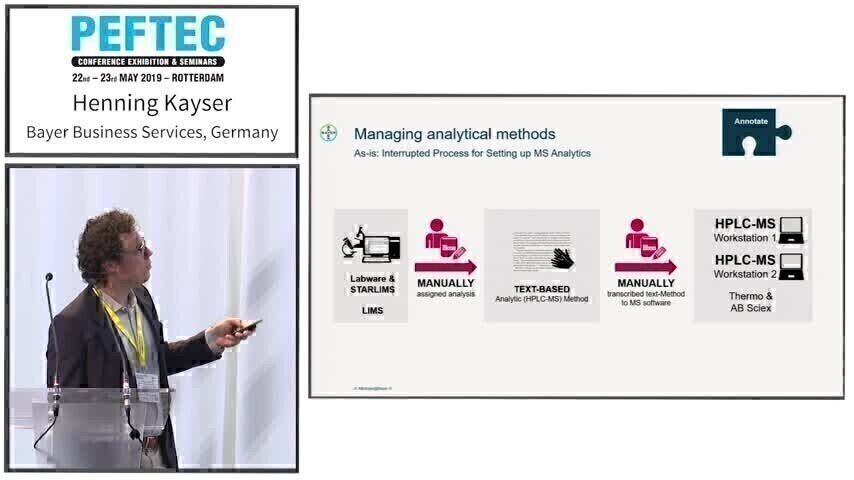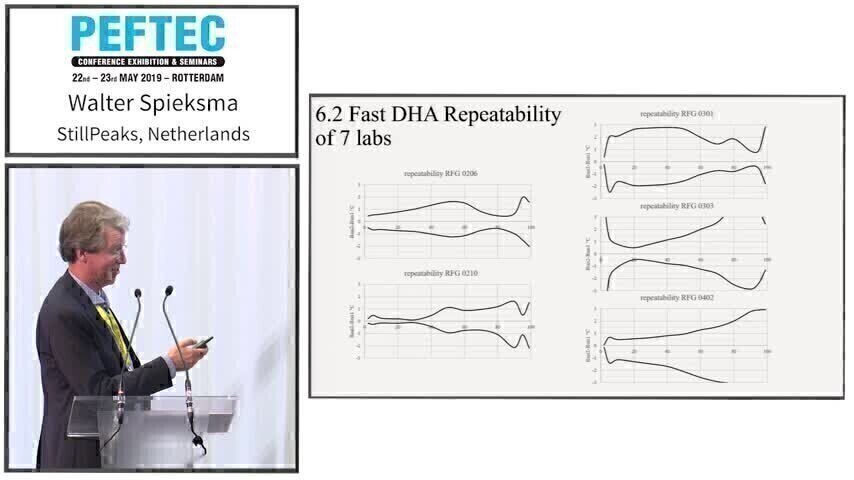E-Learning
Videos
Past Events
This eLearning session is for anyone analyzing residual solvents or interested in quantitative GC-Headspace analyses. GC-Headspace is a powerful technique for the analysis of volatile compounds in neat samples or in a variety of matrices. A major use of GC-Headspace is the analysis of pharmaceutical drugs, as well as intermediates and excipients for the presence of residual solvents that may be left over from the manufacturing process. The sample that is analyzed by this t...
Using Free, High-Performance, Computer Modeling Software to Simulate Gas Chromatographic Separations
A Recently developed, free to use, web-based computer program has been employed to accelerate Gas Chromatography (GC) method development by direct simulation of the chromatographic process. The program makes use of a highly accurate time-summation modeling approach, coupled with large libraries of data to provide absolute retention time predictions within 1% of those obtained from experiment. The user is able to directly control every parameter of the chromatography being modeled includi...
Owing to the high complexity of the matrices to be investigated, petroleum industry has to face a tough analytical challenge when a detailed characterization is required or not. It can be the case for different reasons such as to reach for the specifications of final fuels and products, to improve and evaluate the effectiveness of processes or additives, to monitor the ageing of fuels and lubricants...The implementation of chromatographic techniques has long been mandatory to reach for the hi...
The use of chromatography in all of its forms is a powerful and widely recognized practice in petrochemical research. Due to the continuous optimization of instrumentation and columns, substantial progress in terms of separation efficiency and selectivity, speed of analysis, and sensitivity has been made over the last decades. Many petrochemical products and derivatives thereof are generally complex due to presence of a large number of compounds with varying physicochemical properties. Moreov...
This eLearning presentation by Peak Scientific will give a broad overview of gas generator technology discussing technologies used in production of hydrogen and nitrogen and pure air as well as safety and economic advantages of using generators. People attending the ELearning session will gain insight into a range of technologies used to purify nitrogen and hydrogen gas for applications such as LC-MS, GC and FT-IR, and how to select a system that will integrate with their laboratory setup...
Analytical Techniques, Methods & Laboratory Sustainability in Petroleum and Petrochemical Laboratories The demands on the analyst from the petrochemical industry continue to focus on the quest for detailed characterisation of feedstocks, intermediates and final products across the value chain in order to reduce costs and maximise productivity and ultimately profitability. In recent years there a has been a number of developments in mass spectrometry and separation science instrumentation a...
Solving Problems with Hyphenation The petroleum and petrochemical industry is highly regulated and the vast majority on analysis is carried out using industry standard methods such as those published by ASTM, DIN or the Energy Institute. These methods are also used to check for product quality excursions when field issues are encountered but in many cases more sophisticated techniques are required. This presentation will describe approaches to problem solving field issues using flexible hy...
A novel fast response, low level gas analyzer system for detection of of SO2 and CO2, based on combined NDIR- and NDUV-technology Fast response gas detection is required for particular applications in the field of elemental analyzer (Sulfur and Carbon). In this application solid samples (e.g. steel, ores, finished metals and other inorganic materials) where typically combust by means of a RF-furnace. During the combustion the gas concentration (SO2 and CO2) is measured in the exhaust with...
Part 1 - Coupling Ion chromatography to mass spectrometry Ion chromatography (IC) is routinely used for ion analysis, typically with non-specific detectors such as conductivity or UV/Vis. Interest in utilising IC with mass spectrometry (MS) detection has increased in recent years in order to reduce interference, improve sensitivity and increase confidence in compound identification. This webinar aims to explain the different approaches that can be used to couple IC to MS demonstrated with...
The performance and benefits of supercritical fluid chromatography (SFC) have been recognized already for decades. Due to the introduction of the latest generations of SFC systems, instrument robustness as well as system suitability testing are expected to soon reach the same levels of gas chromatography (GC) and high performance liquid chromatography (HPLC). Consequently, the technology has regained increased interest for a variety of applications in a wide range of industries. From a...
Digital Edition
LMUK 49.7 Nov 2024
November 2024
Articles - They’re burning the labs... Spotlight Features - Incubators, Freezers & Cooling Equipment - Pumps, Valves & Liquid Handling - Clinical, Medical & Diagnostic Products News...
View all digital editions
Events
Nov 11 2024 Dusseldorf, Germany
Nov 12 2024 Cologne, Germany
Nov 12 2024 Tel Aviv, Israel
Nov 18 2024 Shanghai, China
Nov 20 2024 Karachi, Pakistan

